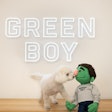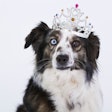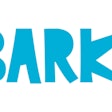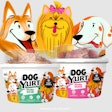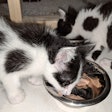The National Advertising Division (NAD) has determined that Hill’s Pet Nutrition violated the procedures that govern the advertising industry’s system of self-regulation by seeking to use for promotional purposes decisions reached by the NAD and the National Advertising Review Board (NARB).
Hill’s originally filed a challenge to advertising claims made by Blue Buffalo Company Ltd. with the NAD. NAD recommended Blue Buffalo modify its advertisements to avoid disparaging competitors. Blue Buffalo appealed NAD’s findings to the NARB, which recommended Blue Buffalo modify an online petfood comparison chart and its advertising claims to avoid conveying the message that competing petfood companies are “fooling” or otherwise misleading consumers.
Following completion of the appeal, Hill’s public relations firm, Burson-Marsteller, sent an “article starter kit” to certain bloggers that included a “sample blog post,” a “fact sheet” on Hill’s products and a series of links to the NAD and NARB press releases and articles written about the Hill’s/Blue Buffalo dispute.
Self-regulation is a voluntary process; participating companies agree at the outset that decisions will not be used for promotional purposes, according to the Advertising Self-Regulatory Council. Effective self-regulation requires that participants adhere to both the letter and the spirit of the self-regulatory system.







